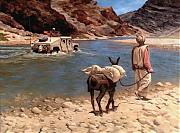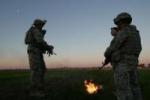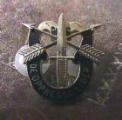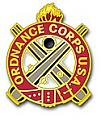Disrupting the Information Advantage
In counterinsurgency, killing the enemy is easy. Finding him is nearly impossible.
-David Kilcullen, Twenty-Eight Articles
“Sir, trade weapons with me,” Bernie whispered from the protection of our hide site. We were hidden deep within the grape vineyards. We snuck in under the cover of darkness, found the enemy, and now it was time to kill. We had been tracking our prey for weeks. We were finally given the go. As the women and children scattered, the sniper quickly began to recede back into the safety and anonymity of the town. For a moment, he was in range- two hundred meters away. Staff Sergeant Bernthall focused. We traded weapons- his sights were conditioned for room clearing, mine for long-range observation. He calmed his body, breathed deep, and squeezed the trigger. With the first round, he zeroed my weapon to his specifications. With the second squeeze, in one fell swoop, the bullet traveled out of the palm groves, across the Diyala River, down the crowded street, and the sniper fell- one round to the head-perfection. Operation Shaku Maku had begun. Thankfully, there would be no civilian casualties today.
-Zaganiyah, October 31, 2006
Sometimes you get it right. Two weeks after al Qaeda declared Baqubah its new Caliphate and ten days prior to the Break Point of Zaganiyah, we tried a new tactic we dubbed terrorize the terrorist.






 "A Sherman can give you a very nice... edge."- Oddball,
"A Sherman can give you a very nice... edge."- Oddball, 







 .
.

Bookmarks